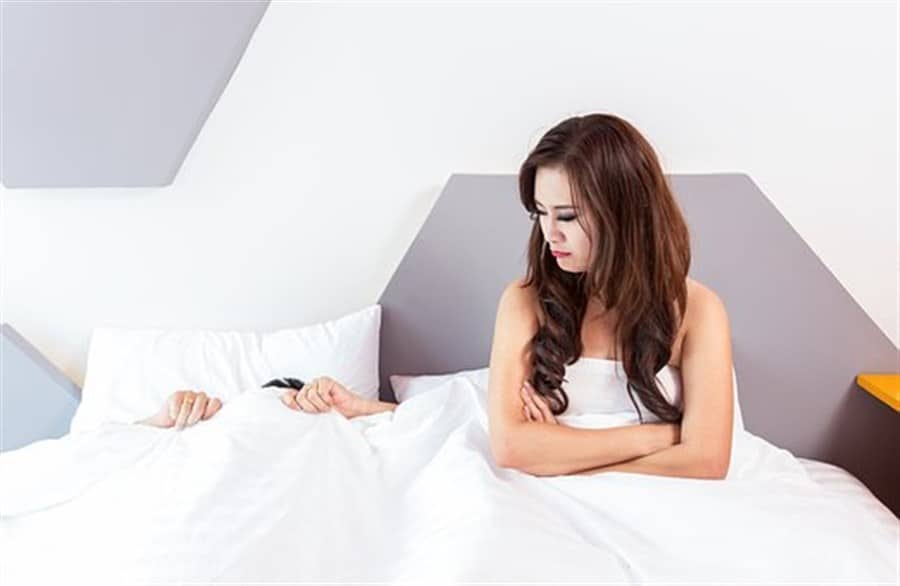Benefits of Sleep Hypnosis & Ways It Can Help You


The latest documentary on Netflix, entitled The Great Hack, left many with sleepless nights after the first watch. Not only did they cover the recent events highlighting surveillance capitalism, but they also gandered how far and wide this privacy issue may reach. What other issues today keep many people awake at night? This article will look at clinical hypnotherapy evidence-based research where the benefits of sleep hypnosis were used to treat levels of insomnia.
Hypnosis for Insomnia: How It Can Help Make Your Sleep Easier
Did you know that over forty percent of adults in the United States often suffer from insomnia and other sleep-related problems? Is it all in their minds? Are they exhibiting beginning symptoms that could lead to other health complications would include cardiovascular disease or even dementia? Researchers in this study look for alternative methods to address sleep-related issues that did not involve pharmacological approaches.
To be included in this research, researchers used previous randomized control trials that have at least ten participants in their studies. All of the participants had to be at least eighteen years of age and it did not exclude them if they had pre-existing conditions. All results were also objective in nature and used hypnotherapy as a component of the intervention. These studies were conducted both in the United States and in the European Union.
Participants in the studies had reported having a wide range of conditions that precipitated insomnia. These would include sleepwalking, post-traumatic stress disorder, cancer, irritable bowel syndrome, and others.
Each study also included a breakdown of those than the control group versus those and the non-active control groups reporting sleep problems in both.
Over twenty-four studies were included that covered the time frame of 1980 to 2016. More than half of the participants that took part in the study reported having better sleep duration after they were introduced to the intervention of hypnotherapy. Side effects were slim to none while undergoing this intervention as well.
Hypnotherapy has proven to be a positive approach and addressing sleep deprivation or insomnia because it could be customized for an individual basis. Hypnosis was also highly favored because of its ability to be combined with other therapies from a flexibility standpoint. It was also recommended that each practice what they learned during the intervention at home for optimal results.

Brainwave Activity Recording – Sleep Versus Wakefulness
What does the brain look like when a person is under hypnosis versus when they are asleep? What is the reality and does it depend on a person’s perception? When a person is awake, the way they perceive something that has happened in the past would depend on their ears and eyes. This is known as a somatic reality where sensory perception is optimal.
When a person is under hypnosis, that perception of reality can be altered. When a subject gives their attention to the clinical hypnotherapist, their somatic stimuli is reduced tremendously. This way the subject can understand a circumstance from a different perspective. This also depends greatly on the willingness of a subject to be open to suggestion and seek solutions to a current issue.
Why Is Hypnosis So Effective for Conquering Sleep Problems?
The subject in this study sat in a semi-reclining chair and was told to focus on an object on the ceiling. The brain waves were measured during this time. They were also low amplitude which is usually the case when a person’s eyes are open. This also gives a regular EEG reading.
When the same subject was initially suggested that he could no longer keep his eyes open, the alpha patterns did not show a change while under a trance. This also points to the fact that verbal suggestions alone do not influence the brain in which brain wave patterns are subject to change. This could also mean that the subject was ready to receive additional instruction instead of going to sleep after the first suggestion.
The degree in which the brain isolates from partaking in the immediate environment versus creating imagery in the mind from the suggestion of a hypnotherapist is minor. This basis confirms that a person cannot be controlled or taken advantage of while under hypnosis. Any changes that were observed in this research study were evidence of the subject providing a willingness to overcome their issue of sleep deprivation.
This willingness allowed him to relax while undergoing the hypnotic intervention and thus receive a positive outcome.
How You Can Change Unhealthy Sleeping Habits With Hypnosis
Many people who have trouble sleeping at night experience the next day where they are not reaching their optimal health. They can feel groggy all day and have trouble meeting goals. This is often the case when a person goes to bed and they are constantly thinking about things they have to do the next day or problems that have happened in the past. Researches in this study challenged the theory of being mindful and keeping their total awareness in the here and now as a way to combat sleep issues.
Forty-nine adults that had reached middle age or older took part in this study because they had an ongoing problem with insomnia. This group was split in half. Those in the first group were given a program in which they were educated on the powerful suggestions of mindfulness. They were also giving suggestions to focus on the present moment without a constant struggle to keep reliving the past and the future.
Both groups met once a week for one hundred-twenty hours for six weeks. The first group received an education on proper sleep health. The other group worked with a hypnotherapist to focus on mindfulness and breathing techniques to help them relax at night.
Clinical Hypnotherapy Treatment Versus Education Alone
Those that partook in the hypnosis mindfulness group reported fewer feelings of fatigue during the day along with getting an overall better level of sleep during the evening. They reported that the quality of life had improved as their stress levels dwindled.
Research recommended that individuals should practice mindfulness techniques before they go to bed to help them sleep. Ideally, they would also use the same techniques of mindfulness during their waking hours to achieve optimal performance.


